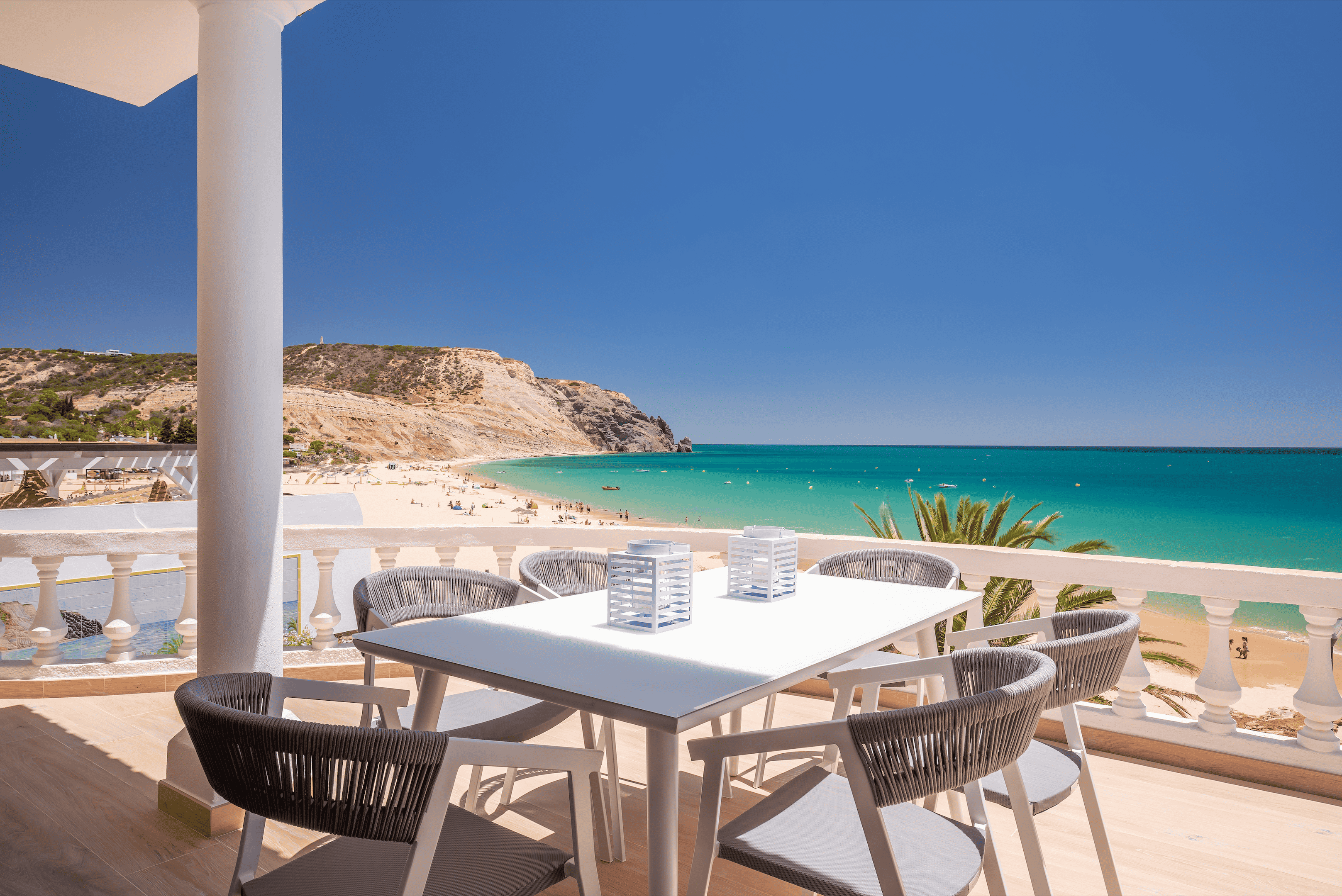Understanding Portugal’s Rules for Algarve Holiday Rentals
Portugal’s short-term rental (STR) market has long been a popular investment avenue, especially for owners of Algarve holiday rentals, given the region's high demand from tourists. However, changes in STR regulations late last year introduced new challenges and considerations for property owners. Understanding these updates is essential to ensure compliance and maximise your rental investment.
Overview of the STR Rules
On October 23, 2024, the Portuguese government published Decree-Law No. 76/2024 in the Official Gazette, introducing significant amendments to the legal framework governing short-term rentals (Alojamento Local - AL). These changes came into force on November 1, 2024.
They introduced stricter regulations aimed at addressing housing shortages and balancing the needs of locals and tourists. These measures include:
- New Licensing Restrictions – Certain areas, particularly in high-density tourist zones, may face a freeze or reduction in new STR licenses.
- Higher Taxes and Fees – Increased taxation on STR income and new contribution fees may impact profitability.
- Stronger Tenant Protections – New rules favour long-term rentals by offering incentives to landlords who switch from STR to traditional leases.
- Enhanced Compliance Requirements – More stringent regulations regarding property safety, energy efficiency, and registration obligations.
How These Changes Affect STR Owners
For property owners, these regulatory shifts bring both challenges and opportunities. The key impacts include:
- Potential Reduction in STR Listings – If new licenses are restricted, existing properties may see increased demand and higher occupancy rates.
- Financial Adjustments – Owners need to account for increased taxes and compliance costs when calculating rental profitability.
- Strategic Adaptation – Some investors may explore alternative rental strategies, such as mid-term rentals or transitioning to long-term leasing.
Steps to Stay Compliant and Competitive
To navigate these changes successfully, rental property owners should:
- Review Their STR License Status – Ensure compliance with the latest regulations in their specific municipality.
- Assess Financial Viability – Factor in potential tax increases and operational costs.
- Explore Alternative Rental Models – Consider mid-term or long-term leasing to maintain steady income.
- Stay Updated – Monitor policy changes and seek professional advice to ensure full compliance.
Thoughts
The update of Portugal’s STR rules in November marked a significant shift in the rental landscape, with a clear focus on balancing tourism and local housing needs. While these regulations may create hurdles, they also offer opportunities for well-prepared investors to adapt and thrive.
For a more in depth look at tenant laws for rentals in Portugal, read our previous article: Understanding Tenant Laws for Rental Properties in Algarve, Portugal.









